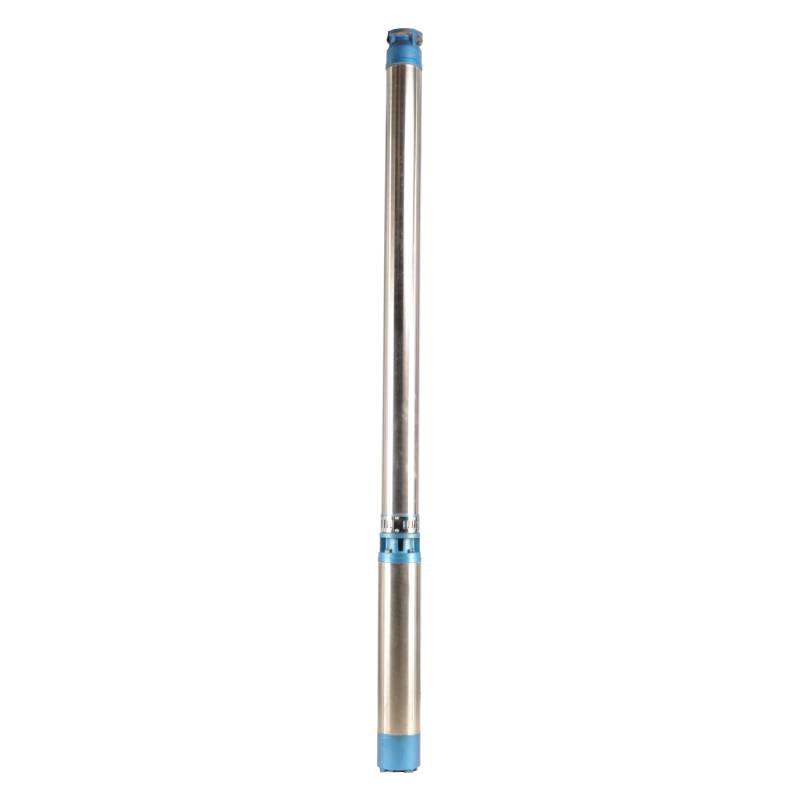Dec . 05, 2024 00:29 Back to list
submersible pump not lifting water
Understanding Why Your Submersible Pump Isn't Lifting Water
Submersible pumps are an essential piece of equipment for many applications, including drainage, sewage pumping, and various industrial processes. They are designed to operate underwater and efficiently move fluid from one location to another. However, it can be frustrating when your submersible pump fails to lift water as expected. Understanding the common reasons for this issue can help you troubleshoot and resolve the problem effectively.
1. Power Supply Issues
One of the first things to check is the power supply to the pump. If the pump is not receiving adequate power, it will not function correctly. Ensure that the circuit breaker hasn't tripped and that all electrical connections are secure. You can use a multimeter to check for voltage at the pump’s electrical connections. If there is no power, you may need to consult with an electrician.
2. Clogged Intake Screen
Another common reason for a submersible pump to fail in lifting water is a clogged intake screen or strainer. Debris, sediment, and other obstructions can accumulate and block the intake, preventing water from flowing into the pump. Regular maintenance is crucial to avoid this issue. Inspect the intake screen and clean or replace it if necessary to ensure uninterrupted water flow.
3. Impeller Problems
The impeller is the heart of the submersible pump. If it is damaged, worn out, or clogged with debris, it will not be able to create the necessary pressure to lift water. Inspect the impeller for any signs of wear or damage. If you discover that the impeller is the issue, replacement might be your only option to restore full functionality.
4. Air Lock
submersible pump not lifting water

Sometimes, air can become trapped in the pump system, creating an air lock that prevents water from being lifted. This situation is often caused by improper installation or operation of the pump. To resolve air lock issues, you can try priming the pump according to the manufacturer’s instructions. This process might involve loosening the discharge line to release trapped air.
5. Depth and Installation Issues
The depth at which the pump is installed can significantly affect its ability to lift water. If the pump is too deep, it may not have the necessary lifting capacity to bring water to the surface. Similarly, if the pump is installed improperly, it may not be able to function as intended. Verify that the pump is installed at the correct depth and follows the manufacturer’s guidelines.
Over time, components within a submersible pump can wear out or break. This includes seals, bearings, and other essential parts. Inspect the entire pump for signs of damage or wear. If you find any broken components, it may be necessary to repair or replace them to restore the pump's operation.
7. Flow Rate and Head Pressure
Finally, understanding the flow rate and head pressure ratings of your submersible pump is crucial. If the water level is too low or the pump is rated for a different flow application, you may experience issues. Ensure that your pump is suitable for your specific needs and check if it can handle the required head pressure for your application.
Conclusion
If your submersible pump isn't lifting water, it can usually be traced back to one or more of these common issues. Regular maintenance, proper installation, and understanding the specifications of your pump are key factors in ensuring optimal performance. By addressing these potential problems proactively, you can minimize downtime and ensure that your pump operates efficiently when you need it most. If troubleshooting doesn’t resolve the issue, consult a professional for further assistance.
-
Submersible Water Pump: The Efficient 'Power Pioneer' of the Underwater World
NewsJul.01,2025
-
Submersible Pond Pump: The Hidden Guardian of Water Landscape Ecology
NewsJul.01,2025
-
Stainless Well Pump: A Reliable and Durable Pumping Main Force
NewsJul.01,2025
-
Stainless Steel Submersible Pump: An Efficient and Versatile Tool for Underwater Operations
NewsJul.01,2025
-
Deep Well Submersible Pump: An Efficient 'Sucker' of Groundwater Sources
NewsJul.01,2025
-
Deep Water Well Pump: An Efficient 'Sucker' of Groundwater Sources
NewsJul.01,2025
-
 Submersible Water Pump: The Efficient 'Power Pioneer' of the Underwater WorldIn the field of hydraulic equipment, the Submersible Water Pump has become the core equipment for underwater operations and water resource transportation due to its unique design and excellent performance.Detail
Submersible Water Pump: The Efficient 'Power Pioneer' of the Underwater WorldIn the field of hydraulic equipment, the Submersible Water Pump has become the core equipment for underwater operations and water resource transportation due to its unique design and excellent performance.Detail -
 Submersible Pond Pump: The Hidden Guardian of Water Landscape EcologyIn courtyard landscapes, ecological ponds, and even small-scale water conservancy projects, there is a silent yet indispensable equipment - the Submersible Pond Pump.Detail
Submersible Pond Pump: The Hidden Guardian of Water Landscape EcologyIn courtyard landscapes, ecological ponds, and even small-scale water conservancy projects, there is a silent yet indispensable equipment - the Submersible Pond Pump.Detail -
 Stainless Well Pump: A Reliable and Durable Pumping Main ForceIn the field of water resource transportation, Stainless Well Pump has become the core equipment for various pumping scenarios with its excellent performance and reliable quality.Detail
Stainless Well Pump: A Reliable and Durable Pumping Main ForceIn the field of water resource transportation, Stainless Well Pump has become the core equipment for various pumping scenarios with its excellent performance and reliable quality.Detail
